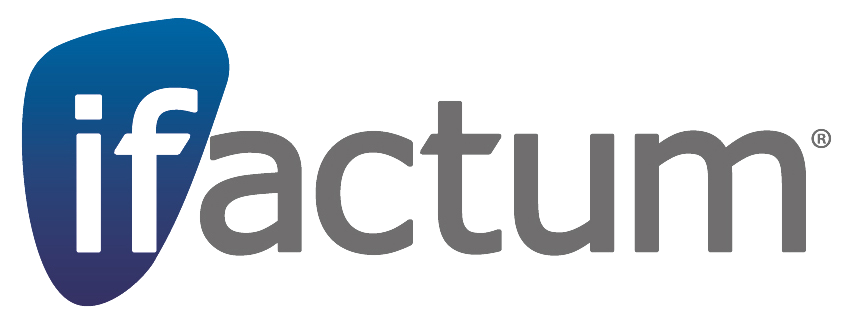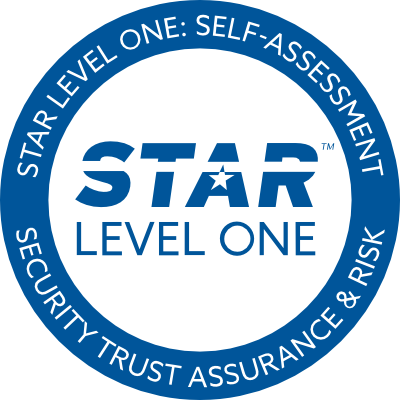Strategies for Identifying the best process candidates for automation
Have you been wondering what processes your competitors are automating, how many of them have already started scaling automation at an enterprise level, or how you can begin automating some of your own business processes? Before diving into the technical aspects of automation, it is important to take a step back and evaluate which processes would most benefit from automation. To do so, it is essential to understand the key elements of your business processes, the objectives you are trying to achieve, and how automation can help you reach them.
Recognizing the potential value of Business Process Automation (BPA) is obvious, but understanding how to get the most out of it is less clear. If you're looking for advice and insights on how BPA can benefit your business, this blog post is the perfect place to start.
Approximately 50% of all business operations can be automated. To determine if a workflow would benefit from automation, consider if the whole process or parts of it meets any of these criteria:
1. Repetitive process tasks:
Repetitive tasks are ideal candidates because they can be easily broken down into individual steps that can be automated with little effort. These tasks can reduce the workload of employees, freeing them to focus on more strategic activities, improving accuracy and consistency, and allowing for the easier comparison of results over time.
2. Paper-based process tasks:
Automating a paper-based process can help reduce the amount of time and resources required to complete it while eliminating the need for manual data entry and the potential of human error, resulting in faster and more reliable results. What's more, automation of paper-based processes will help to reduce labour, paper, and printing costs.
3. Heavily research-based process tasks:
Processes that require extensive research, such as gathering customer data or competitor pricing, are perfect for automation because they can be time-consuming and tedious when performed manually. Automated solutions can quickly compile and analyze large amounts of data, providing you with the insights you require more quickly and accurately than manual research.
4. Time sensitive process tasks:
Whenever a process must be completed quickly to meet deadlines or customer expectations, automating it will assist in guaranteeing that it is completed efficiently and on time while reducing the risk of human errors.
5. Error-prone process tasks:
Automation of processes that are prone to human error makes it easier to ensure that processes are done consistently, as well as accurately. This can help build customer trust and even increase customer satisfaction while reducing costs.
6. Processes that require audit trails
Automated systems can provide a comprehensive and secure audit trail that is simple to access and analyze. It can also improve accuracy and help ensure regulatory compliance.
7. Process should be high impact.
Automated high-impact business processes can significantly reduce costs, increase efficiency, and improve customer service, allowing companies to focus their resources on other areas of the business, such as marketing and product development.
Examples of business processes that meet the previously described criteria include document management, data entry, lead generation, payment processing, human resources administration, purchase order processing, customer relationship management, accounts payable/receivable, inventory management, time-off request, reporting & analytics, task management, invoicing/billing, project management, scheduling/calendaring, risk management, quality assurance, compliance monitoring, and time tracking among many others.
In conclusion, automating the right processes is a great way to streamline and save time on everyday tasks that can help your business become more efficient, save resources, increase customer satisfaction and gain a competitive advantage in the marketplace. By leveraging automation, you can focus on tasks that require greater human involvement and create greater value for your business. If you would like to learn more about the best solution for you, please contact iFactum, we would be happy to chat with you!
Share this article



